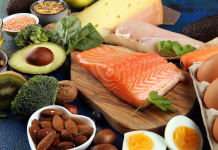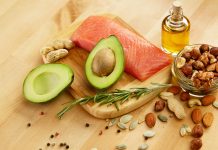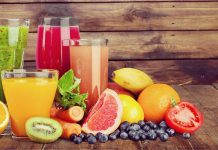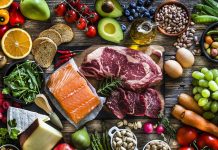The digestive tract is responsible for observing nutrients and eliminating waste. Many people suffer from digestive problems like bloating, gas, abdominal pain, cramps, constipation and diarrhea. Digestive health is directly impacted on the foods we eat and the lifestyle we live. Digestive issues can be due to lack of fibrous or probiotic rich diet.
Probiotics are living microorganisms (bacteria) that; when ingested provide numerous health benefits Probiotics are often called “good” or “helpful” bacteria (e.g. curd and yeast.)
Severe Digestive conditions:
- Irritable Bowel Syndrome (IBS)
- Gastroesophageal Reflux Disease (GERD)
- Crohn’s Disease
- diverticulitis
- heartburn
Healthy Foods to Consume
- Fermented Foods
- Fiber Rich Foods
Fermented Foods
Yogurt contains probiotics, which can aid digestion by promoting healthy bacteria in your digestive tract.
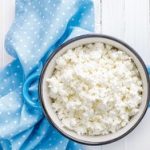
Kefir’s unique ingredient “grains” made from yeast and bacteria appear to improve digestion and decrease inflammation in your gut.
Kombucha’s ample probiotic content improves digestion and gut health. The drink may also help heal stomach ulcers.
Tempeh’s fermentation process and probiotic content can decrease negative digestive symptoms, as well as improve nutrient absorption by breaking down the antinutrient phytic acid.
Kimchi contains probiotics and fiber that improve digestion and hence promote bowel health.
Natto’s rich probiotic content can aid gastrointestinal health and digestion therefore improving the regularity of stools and reducing constipation.
Fiber Rich foods
Apples– The pectin found in apples help increase stool bulk and movement through your digestive tract. It may also decrease inflammation in your colon.
Fennel- Fennel’s fiber content and antispasmodic agent can improve digestion by limiting some negative gastrointestinal symptoms.
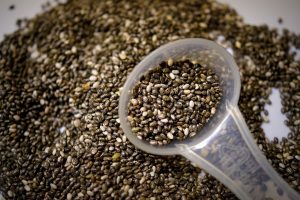
Chia Seeds-The fiber content of chia seeds can assist digestion hence promoting the growth of probiotics in your gut and keeping you regular.
Papaya Papaya contains papain, which is a strong digestive enzyme that contributes to the healthy digestion of proteins. It may also relieve IBS symptoms.
Whole Grain Due to their high fiber content, whole grains can support healthy digestion by adding bulk to your stool, reducing constipation and feeding your healthy gut bacteria.
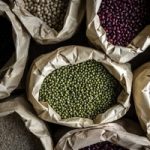
Beetroot Beetroot’s nutrients can help improve digestion by helping feed friendly gut bacteria and adding bulk to your stool.
Ginger Ginger appears to expedite food’s movement through your stomach, easing certain side effects associated with slow digestion. It has also been used to treat nausea, including morning sickness during pregnancy.
Green vegetables Green vegetables play a role in healthy digestion by providing fiber and magnesium to your diet, as well as feeding good bacteria in your gut.
Salmon-The omega-3s found in salmon may reduce inflammation in your gut, thus improving your digestive process.
These foods certainly be helpful in easing uncomfortable symptoms.
Other underling factors to maintain digestive health
- Eating Schedule: Consuming your meals or snacks regular schedule can help keep your digestive system in shape, breakfast, lunch, dinner and snacks around the same time each day.
- Hydrated: Water is good for your digestive health; fiber pulls water into the colon and creates softer bulkier stools allowing them to pass out more easily.
- Bad habits: Smoking, excessive caffeine and alcohol. Liquor, coffee and cigarettes can interfere with the functioning of your digestive system and leads to problems like stomach ulcers and heartburn.
- Exercise: Regular exercise helps keep foods moving through your digestive system as a result reducing constipation.
Safety Note
- For people with compromised immune systems like HIV, AIDS and cancer, probiotics can lead to dangerous infections.
- If you have any medical conditions, consult with your doctor before taking a probiotic supplement or diet.








